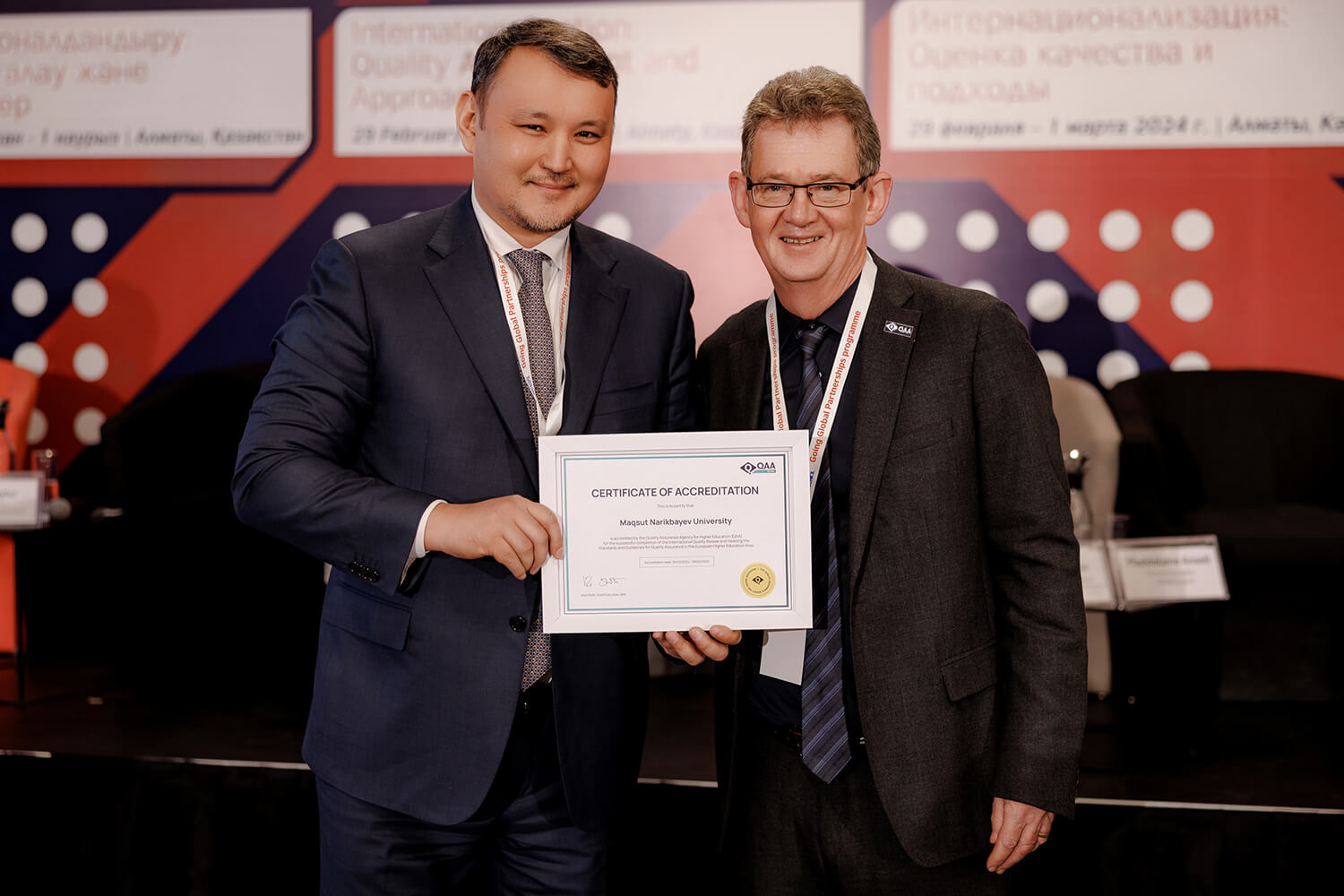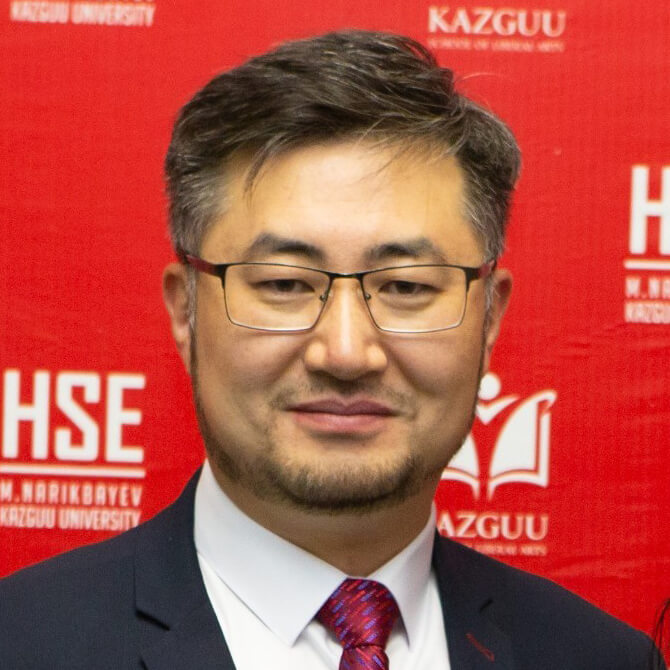IQR Case Study: Institutional accreditation in Kazakhstan
QAA’s International Quality Review (IQR) helped Maqsut Narikbayev University in Kazakhstan boost its global credibility and strengthen internal quality approaches, resulting in lasting improvements to academic processes, policies, and international partnerships.
Sergey Pen, Provost at Maqsut Narikbayev University, reflects on the institution’s experience with IQR, sharing the internal changes, benefits and lessons from the process.
Why did you choose to seek international accreditation?

Why did you choose to work with QAA and undertake an International Quality Review?
We consistently benchmark our policies against leading international practice, and in doing so we have long regarded QAA as a high-profile, rigorously independent quality-assurance body. As administrators of the academic process, we were already familiar with its standards through sector reports and professional networks. We selected the QAA IQR because its approach is new to us and promises fresh benchmarks and good practice, providing an opportunity to test ourselves against a different, globally respected framework.
How has accreditation influenced internal quality assurance, academic programmes or administrative processes?
Accreditation has strengthened our internal quality culture. Acting on the reviewers’ recommendations, we are completing a single, consolidated policy and procedure for the development and review of internal documents – an element that previously existed only in fragmented form. Once approved, it will be embedded within the Quality Assurance Policy.
Building on the insights gained from the IQR – both our strengths and areas for improvement – we have set a new benchmark for all subsequent documents, workflows and academic processes. Whenever we update or create regulations, curricula or support systems, we ensure they meet the high standards established during the IQR, reinforcing a culture of continuous improvement across the University.
The most tangible benefit of international accreditation is the independent expert review of our quality assurance system. External assessors identify gaps, confirm strengths and offer practical recommendations that we use to update policies and procedures. The process itself brings units together around a shared task, keeping quality improvement on the agenda.

Has accreditation affected your institution’s reputation locally or globally?
We have incorporated the accreditation badge into our diplomas and talk about the accreditation during admissions campaigns and recruitment events, with feedback showing that prospective students and their parents cite it as a mark of trust when enquiring about programmes. Since accreditation, the incoming student cohort has grown steadily and external interest in organising joint and international activities with us has also increased.
Employers who regularly collaborate with us have also welcomed the external confirmation of quality, noting it during internship and graduate-hiring discussions.
About the University
Maqsut Narikbayev University is a private, joint-stock institution established in 1994 and located in Astana (Kazakhstan). The University offers 42 educational programmes through five schools – Law School, International School of Economics, International School of Journalism, School of Liberal Arts and Business School – serving more than 7,000 students. Through its modern facilities, professionally aligned programmes, strong domestic standing and extensive global network, the University positions itself as a reliable and internationally engaged higher-education provider in Kazakhstan.
Contact us to find out more about IQR
If you would like further information about IQR and the process of QAA accreditation, please email us.

